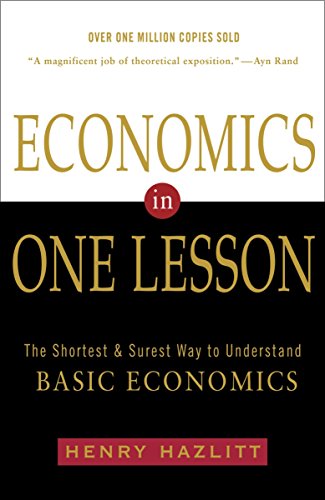Previously by Richard Daughty: True Fiscal Insanity: Creating Money to Buy GovernmentDebt
I was recently reminded of the old argument about Say’s Law, and that reminded me that it was Keynes who twisted Say’s theories around to create the ridiculous argument that supply created its own demand, which I say is a load of crap, which pretty much sums up a lot of what Keynes did, probably because he was an egotistical idiot-savant who erroneously thought that he could put economics and human behavior in terms of absolutes that you could turn into equations, a particular, arrogant stupidity that has, nonetheless, fascinated generations of economists since then, all of whom childishly delight in equations and computers, whether it means anything or not, which it doesn’t, which I can actually prove — prove! — with an entire storage area full (the “supply”) of ashtrays made out of dried dog crap, which nobody wanted to buy (the “demand”), proving that supply does NOT create its own demand.
Instead, it is actually true that demand created its own supply, like the “supply” of new “neighbors” at the storage place are demanding (“demand”) that I get that stinking, festering fecal mess out of there or they are going to sue me or something, to which I said “Great! I’ll pay you off with some of these ashtrays, which will make wonderful gifts for your friends and family!”
I bring this up not, as is often rumored, as a last minute appeal to you, the American consumer, to buy a bunch of these dog-poo ashtrays with their “keepsake quality,” and take them off my, literally, stinking hands, but to show you that one of the reasons why the economy is doing badly is that the latest unemployment numbers are Bad News Aplenty (BNA), as people do not buy as much stuff (demand) when they don’t make as much money, and the people who make stuff (supply) are then laid off, proving, once again, that supply follows demand.
 Where Keynes Went Wron...
Best Price: $5.00
Buy New $9.79
(as of 05:00 UTC - Details)
Where Keynes Went Wron...
Best Price: $5.00
Buy New $9.79
(as of 05:00 UTC - Details)
And, since we are talking about it, people are not buying as much stuff, which I cleverly conclude from the fact that consumer installment debt has been going down since September 2008 as the American consumer is gradually, slowly, ever so slowly, almost glacially, paying down some of their super-sized, staggering $2.5 trillion in consumer installment debt.
How much? Consumers have, in a year and a half, paid down a measly $135 billion! Hahaha!
At this rate, one wonders, at 20% interest on the unpaid balance, how many freaking lifetimes will it take just for consumers to pay off their $2.5 trillion in existing debt, which doesn’t even count the debt they are going to incur in the future, just trying to buy the basics, as the inflation in prices from the insane inflation in the money supply makes things so costly that they get to the choice of debt or starvation, and even then, most people will buy food instead of gold, silver and oil.
 Economics in One Lesso...
Best Price: $2.43
Buy New $7.43
(as of 12:35 UTC - Details)
Economics in One Lesso...
Best Price: $2.43
Buy New $7.43
(as of 12:35 UTC - Details)
Hoping to gently motivate them, and to provide the apparently necessary motivation delivered in a non-threatening, person-centric, positive way, I say, “Hey! You could stand to lose a few pounds there, chubby! Stop eating for a couple of days and use the ‘found’ money to buy yourself some gold, silver and oil, you moron!” but even then, they always act upset, like I said something wrong! See the kind of stupid crap I have to put up with around here all the damned time?
Anyway, their only hope is that everything survives a massive inflation, so that $135 billion dollars is, in terms of buying power, less than a week’s average minimum wage or something like that! Hahaha! Problem solved! Hahahaha!
In case you were curious, I put a lot of it down to the unholy combination of moronic do-gooders trying to save my life and greedy governments trying to drain my blood, as they, all over the place, raised cigarette taxes by several dollars per pack, so that the quarter of adults (54 million) who smoke a theoretical carton a week, have $40, $50, $60 sometimes more than $70 a week less money to spend on everything else, which comes to, at an average of $6 per pack, $3.24 billion per week, or a tidy $168 billion a year in lost spending power!
In short, tobacco addicts stopped buying other things so as to afford one thing that has become so expensive.
If they were smart, smokers would be spending their money on gold, silver and oil, waiting a little while until their prices soar as the government deficit-spends the massive, monstrous amounts of money that the Federal Reserve creates, and THEN taking up smoking when they could easily afford cigarettes at any price, the higher price for insurance, and the needed medical treatments, also at any price!
It’s enough to make you say, “Whee! This investing stuff is easy!”





